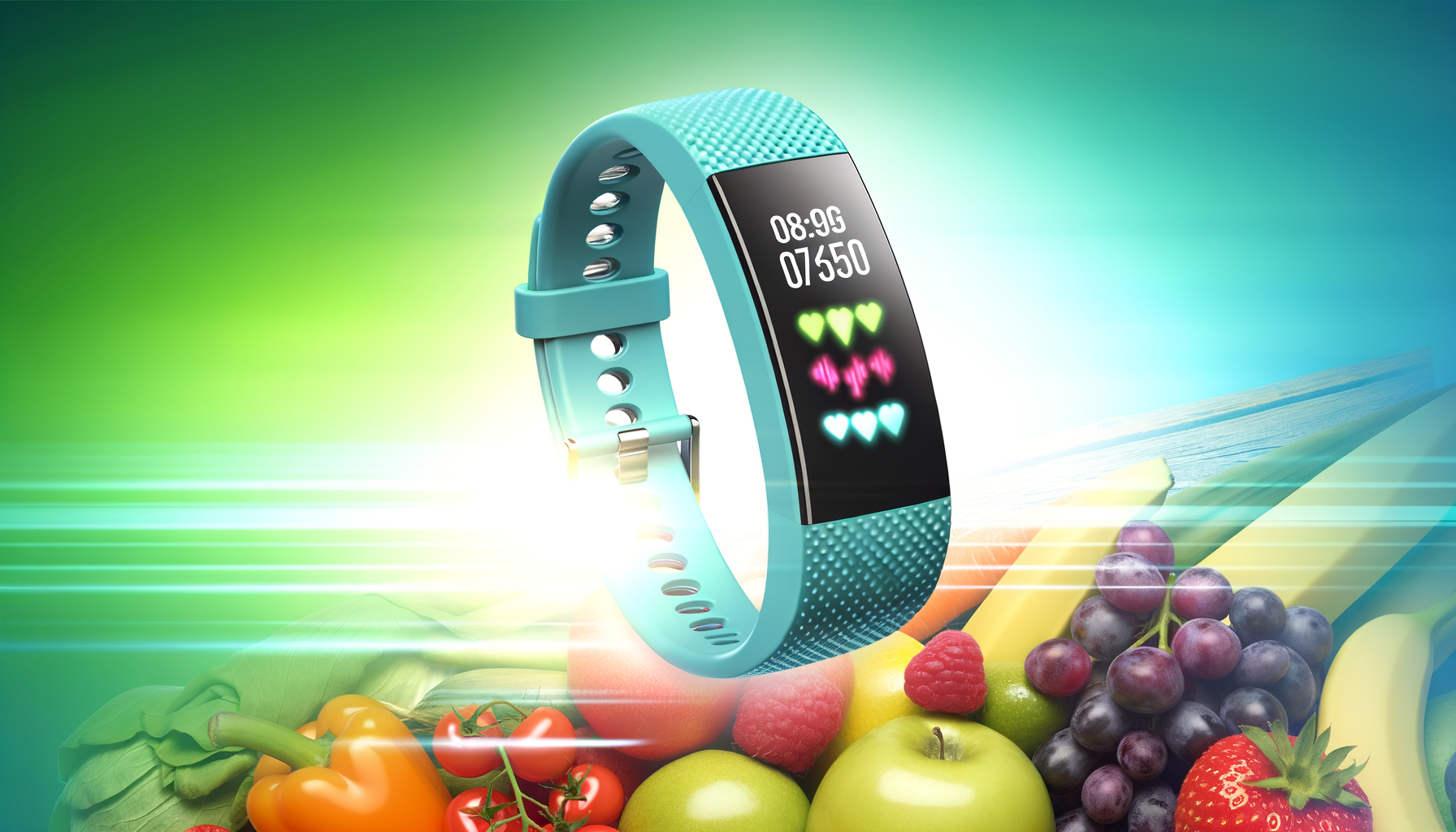The Impact of Calorie Awareness on Body Image and Self-Esteem
Understanding the Interplay Between Calorie Awareness, Body Image, and Self-Esteem
The relationship between calorie awareness, body image, and self-esteem is complex and multifaceted. In recent years, there has been a significant increase in the importance placed on calorie awareness, particularly in the health and fitness industry. This focus can have both positive and negative impacts on an individual's body image and self-esteem. Here, we will delve into the details of this interplay and explore how calorie awareness can influence these critical aspects of an individual's well-being.
The Role of Calorie Awareness in Health and Fitness
Calorie awareness is a crucial component of any health and fitness regimen. Tools like the WP Calorie Calculator help individuals track their daily calorie intake, which can be essential for achieving weight management goals, improving overall health, and enhancing physical performance. However, the impact of calorie awareness extends beyond mere physical health; it also affects psychological well-being, particularly in terms of body image and self-esteem.
Impact on Body Image
Body image is deeply influenced by societal standards and personal perceptions. Studies have shown that high correlations exist between health perceptions, appropriate nutrition, and positive body image. For instance, a study on undergraduate students found that engagement in physical exercise and healthy nutrition contributed significantly to positive body image and health perceptions. However, this same study also highlighted that female students were more concerned with weight and body image issues compared to their male counterparts.
The media and social media play a significant role in shaping body image perceptions. Idealized and often unattainable body types portrayed in media can lead to body image dissatisfaction, even among individuals with a normal body mass index (BMI). This dissatisfaction can result in severe physical and mental effects, including eating disorders, binge eating, and excessive weight loss practices.
Calorie Awareness and Body Image Distortion
While calorie awareness can be beneficial for health, it can also contribute to body image distortion if not managed properly. For example, a calorie-restricted diet, often pursued in the name of weight loss, can be associated with body image self-discrepancy, particularly among young females. This self-discrepancy reflects a distorted cognition where individuals prefer weight loss regardless of their normal body size, which can be a precursor to eating disorders.
Moreover, the constant monitoring of calorie intake can lead to an unhealthy obsession with weight and body shape. This obsession can result in negative self-impression, low self-esteem, and disordered eating behaviors. It is crucial to promote a healthy relationship with food and focus on overall well-being rather than external appearance.
Self-Esteem and Calorie Awareness
Self-esteem is closely linked to body image and is significantly influenced by calorie awareness. Individuals who engage in regular physical activity and maintain healthy nutritional habits tend to have higher self-esteem. This is because physical activity and healthy eating contribute to improved physical health, which in turn enhances self-perception and overall well-being.
However, excessive focus on calorie counting can have adverse effects on self-esteem. Studies have shown that dieting or a restrained eating style is linked to eating disorders, melancholy, low self-esteem, and negative body image. The spiral link between body image, depression, and self-esteem indicates that self-esteem can be a risk factor for body dissatisfaction, especially among adolescent girls and young women.
Creating a Balanced Approach
To ensure that calorie awareness does not negatively impact body image and self-esteem, it is essential to adopt a balanced approach. Here are some strategies:
- Promote Healthy Eating Habits: Encourage a balanced diet that includes a variety of nutritious foods rather than focusing solely on calorie restriction. Tools like the WP Calorie Calculator can help in planning a balanced diet.
- Regular Physical Activity: Engage in physical activities that are enjoyable and promote overall health, rather than just focusing on weight loss. This can include sports, yoga, or any other form of exercise that enhances physical and mental well-being.
- Positive Body Image Promotion: Foster a positive body image by promoting self-acceptance and self-worth. This can be achieved through educational programs and interventions that focus on overall well-being rather than external appearance.
- Mental Health Support: Provide support for individuals struggling with body image issues and low self-esteem. This can include counseling, therapy, and other mental health services.
Conclusion and Future Directions
The impact of calorie awareness on body image and self-esteem is a complex issue that requires a multifaceted approach. While calorie awareness is crucial for health, it must be balanced with a positive body image and healthy self-esteem. By promoting healthy eating habits, regular physical activity, positive body image, and mental health support, we can create a holistic approach to health and fitness that enhances overall well-being.
For those looking to integrate calorie awareness into their health regimen, tools like the WP Calorie Calculator Plans can be highly beneficial. These tools provide a structured way to track calorie intake while promoting a balanced and healthy lifestyle.
In conclusion, the relationship between calorie awareness, body image, and self-esteem is intricate. By understanding these dynamics and adopting a balanced approach, we can foster a healthier and more positive relationship with food, our bodies, and our overall well-being.











